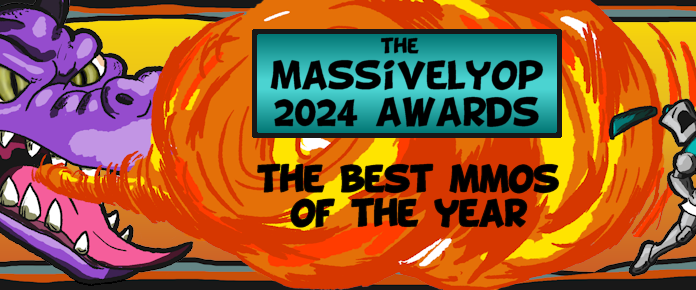
MOP reader Miol recently pointed us to an intriguing academic paper on trolling. Seriously. “Trolls” or “warriors of faith”? Differentiating dysfunctional forms of media criticism in online comments by Austria-based Tobias Eberwein makes the case that internet comments were a mistake. OK, it’s a lot more nuanced than that, homing in on comments on blogs – like the one you’re reading now – and trying to suss out just what is going on in the minds of the trolling trolls who dwell there.
“Practical experience has shown that user participation does not automatically lead to better journalism but may also result in hate speech and systematic trolling – thus having a dysfunctional impact on journalistic actors. Although empirical journalism research has made it possible to describe various kinds of disruptive follow-up communication on journalistic platforms, it has not yet succeeded in explaining what exactly drives certain users to indulge in flaming and trolling.”
Ultimately, the study used a two-step qualitative research method to interview internet miscreants, determining that the common troll as as we think of it doesn’t actually exist; it prefers to file everything under “dysfunctional follow-up communication.” Subjects who actually responded for the interviews turned out to be mostly Gen-X men with formal educations, strong political opinions, and heavy internet media use; Eberwein used their responses to create five categories of self-described motivation: pursuit of truth, opinion formation, provocation, anger management, and entertainment – the last of which is more like typical trolls.
“It seems to be more appropriate to differentiate disruptive commenters according to their varying backgrounds and motives,” Eberwein argues. “Quite often, the interviewed users display a distinct political (or other) devotion to a certain cause that rather makes them appear as ‘warriors of faith.'”
Maybe not exactly gaming-specific, but definitely relevant to our interests.











